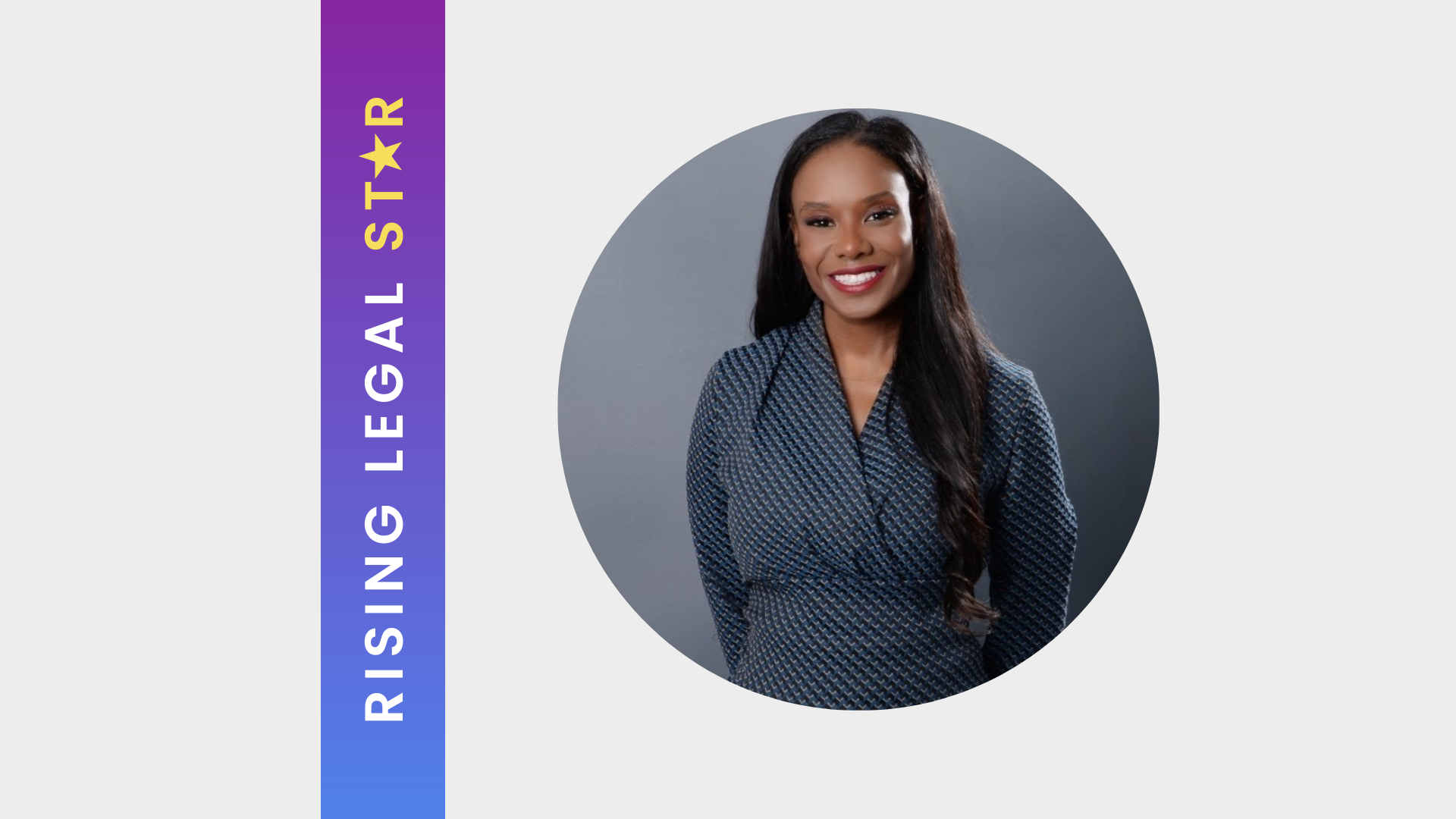Where are all the women in tech?
Diversity pays off. Managers have known for years, but research in the share price of gender and otherwise diversified companies has now proven this scientifically. Companies who employ more women and minorities create more shareholder value.
“At Hydrogen we capitalise on the strength that women bring to our workforce. Fifty percent of our recruitment consultants are women and so is half of our management team. We are also fortunate to have a woman running our IT department. It has not been easy, but we consciously implemented strategies to attract women and minorities” states Ian Temple, our CEO.
Women seem to have made inroads in most fields; technology however, remains male dominated. At global technology giants, 70% of the workforce is male; Apple (70%), Google (70%) and Facebook (69%). An exceptionally low 9% of CIOs are female.
Diversity and more women on the board is a priority for most companies; especially women who can fill gaps in technology departments, yet 80% of qualified young women avoid taking a single computer science class.
“In today’s world a technical background can have a dramatic impact on a woman’s career and the options are varied and well paid” says Richard Stevenson, manager of our Technology practice. “Dismissing technology doesn’t cut it when the number of jobs that require more technical know-how rises by the day” he concludes.
So why are not enough women choosing tech careers and what can companies do to encourage more young women to enter the field? An interesting research by the Girl Scouts of America found that only 13% of girls (25% of boys) would choose a career in science, technology, engineering or mathematics, however, 74% of those that choose this path, do so after they are explained the impact these careers can have on the world. So clearly early career guidance can expand the pool of female tech talent.
But it is also not unusual to lose tech women mid-career. Research of 716 women in tech showed that 625 have left the industry and have no plans to return to tech (Fortune magazine, October 2014). An unsupportive work environment, extreme work schedules, and unclear rules about advancement and success were cited as major factors in their decision to leave.
Diverse teams promote better decision making, product innovation and higher profits. So what can companies do to attract and retain female tech talent?
“It all starts with the grass roots and our education system and what we are doing there to encourage girls to think about a future in technology. Companies should work with the government to make sure that our future generations are departing the education system armed with the right information and foundation to tackle their career choices. To that end, companies should be actively participating in more internships and work placements” says Amber Hayat, our Head of IT.
“Values and culture play a huge role - companies need to be able to demonstrate a level playing field and have flexible working as an option, not only to encourage women in technology, but to hire and retain talent. With the recent legislation change to allow maternity and paternity leave to shared, all parties – men, women and companies stand to profit from this.
A good friend recently had an interview at a large, global corporation and was offered the role. However, she asked to come back in and speak to a member of staff who was a mother to get a feel for what it was like working there as a parent. The woman she met with spoke so highly of the firms' culture, flexible working and values that she accepted the offer immediately and was recently promoted to a leadership position. Companies need to evolve their views on flexible working and use it as a means of hiring and retaining female talent, those who embrace flexible working often get more productivity out of their staff.
Technology is a wide subject area; it is not just coding and cabling. There are many aspects to technology where women would fare equally, if not bring a little more to the table. In today’s ever changing, digital world, companies need to evolve their business models and strategies and see technology as an enabler. This requires collaboration, detail, adaptability, being able to plan strategically and execute tactically – traits that are present in both men and women” Hayat explains.
Our latest insights







